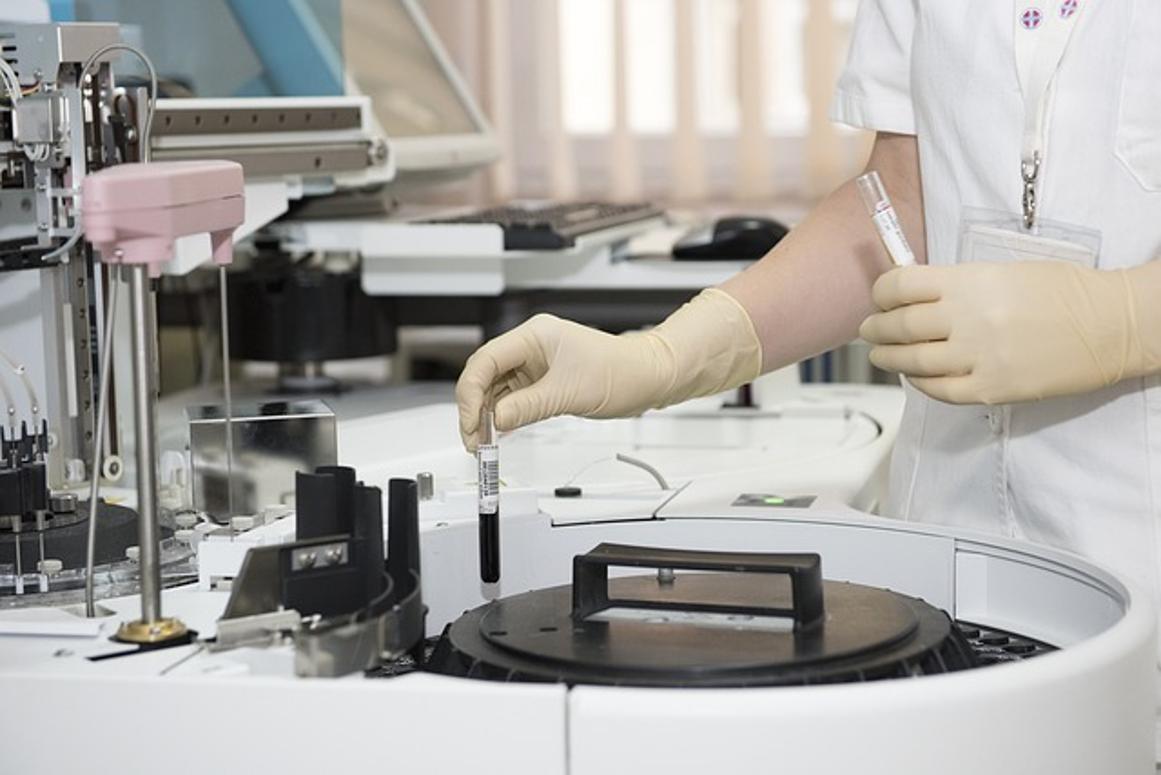Introduction
Medical ID bracelets are essential tools not just for seniors or those with chronic illnesses. These small pieces of jewelry play a crucial role in the immediate identification of medical conditions during emergencies. They bridge communication gaps when moments matter the most. For many, wearing a medical ID bracelet can be the difference between timely medical intervention and misdiagnosis.
By embedding crucial health information directly on a piece of easily visible jewelry, individuals ensure that emergency responders are immediately aware of their health status. These IDs cater to a broad range of individuals, encompassing various medical conditions, age groups, and professional lifestyles. In the sections below, we will explore the specific groups who should consider wearing a medical ID bracelet and why it is essential for them.

The Role of Medical ID Bracelets in Emergencies
In emergencies, every second counts. Medical ID bracelets are especially useful when the person in need cannot communicate, whether due to unconsciousness, disorientation, or a medical condition that impairs speech. Emergency responders rely heavily on these bracelets to provide immediate and appropriate care. For example, they can quickly discern any contraindications for specific medications or discover a history of health conditions that may dictate different treatment protocols.
The clarity and instant availability of information can prevent potential errors that might exacerbate the situation. First responders, paramedics, or anyone first on the scene will be alerted to the wearer’s vital medical information, reducing the risk of misdiagnosis or delayed treatment. Hospitals can also benefit from the preliminary information, as the initial care provided en route to the hospital can align with the individual’s medical needs. This initial section paves the way to understand which medical conditions particularly benefit from wearing a medical ID bracelet.

Key Medical Conditions That Benefit
Diabetes
For individuals with diabetes, a medical ID bracelet can provide critical information about their condition. This is invaluable during a hypoglycemic or hyperglycemic event when the person might not be able to communicate effectively. Emergency responders can quickly detect the condition via the ID bracelet, providing accurate and potentially life-saving treatment, such as administering glucose or understanding the need for insulin.
Epilepsy and Seizure Disorders
People who suffer from epilepsy or other seizure disorders can greatly benefit from wearing a medical ID bracelet. In the event of a seizure, these individuals may be unable to communicate properly or at all. The bracelet provides information about their condition, helping bystanders and emergency medical personnel to understand how to assist effectively and avoid inappropriate interventions.
Severe Allergies
Severe allergic reactions, such as anaphylaxis, require rapid intervention. Individuals with severe allergies to foods, medications, or insect stings can communicate these critical details via a medical ID bracelet. This ensures those providing first aid or emergency care are immediately aware of the allergy and can take swift, appropriate action, such as administering epinephrine.
Elderly and Cognitive Disorders
The elderly population often faces a higher risk of medical emergencies, particularly those with cognitive disorders like Alzheimer’s and dementia.
Alzheimer’s Disease
For those diagnosed with Alzheimer’s disease, a medical ID bracelet can serve as a lifeline. These individuals may wander off and become disoriented, unable to recall essential personal information or contact numbers. A medical ID bracelet can provide details on their condition and guide their return safely to their caregivers or alert authorities about their disorientation.
Dementia
Like Alzheimer’s, Dementia patients face similar risks and could benefit enormously from wearing medical IDs. Immediate knowledge of their condition can prevent situations from escalating, providing clear information to first responders or Good Samaritans about the nature of their cognitive impairments and any important medical details.
Mental Health Conditions
Individuals with severe mental health conditions may also be less able to communicate effectively during a crisis or episode. A medical ID bracelet can signal the nature of their condition and necessary precautions or interventions that can help manage their situation safely.

Importance for Children
Children with chronic conditions or severe allergies face challenges similar to adults but might not have the awareness or ability to communicate their condition effectively. Medical ID bracelets for children ensure that teachers, caregivers, and emergency personnel are aware of the child’s needs even if the child cannot articulate them. For parents, knowing that their child has this crucial piece of information with them at all times provides added peace of mind.
People with Rare or Chronic Conditions
Individuals with less common medical conditions or ongoing chronic illnesses also derive significant benefits from wearing medical ID bracelets.
Heart Conditions
People with heart conditions might require immediate and specific treatments that are crucial if they experience chest pain, palpitations, or other heart-related symptoms. A medical ID bracelet can instantly inform responders about the individual’s heart condition, aiding in the prompt administration of proper medication or resuscitation techniques.
Blood Disorders
Those with blood disorders such as hemophilia or anemia require special considerations during emergency treatment. A medical ID bracelet can alert medical personnel to these conditions, ensuring that blood products or necessary medications are administered without delay.
Other Chronic Illnesses
Other chronic conditions, such as asthma, kidney disease, or multiple sclerosis, can affect emergency care protocols. Medical ID bracelets ensure these conditions are clearly communicated, allowing for tailored emergency responses that consider the entirety of the individual’s health profile.
Occupational and Lifestyle Considerations
Medical ID bracelets are not just for those with medical conditions – certain jobs and lifestyles increase the need for immediate medical identifiability.
High-risk Jobs
Individuals working in high-risk jobs, such as construction, law enforcement, or firefighting, can be susceptible to acute injuries or accidents. A medical ID bracelet can inform responders of any pre-existing conditions or pertinent allergies that impact the treatments or interventions conducted on the job site.
Frequent Travelers
Frequent travelers face varied environments and potential language barriers. Wearing a medical ID bracelet ensures that, regardless of where they are, essential health information is available. This is particularly vital in regions where communication with local medical personnel might be hindered due to language differences or varying medical standards.
Conclusion
Medical ID bracelets are an essential tool that ensures the timely and appropriate response during medical emergencies. They serve as a quick reference for emergency responders and medical personnel, providing critical information that can save lives. Whether dealing with chronic diseases, cognitive impairments, severe allergies, or simply working in high-risk environments, a medical ID bracelet is a small but mighty advocate for your health.
Frequently Asked Questions
Can anyone wear a medical ID bracelet?
Yes, anyone with a medical condition or allergy that might require urgent attention or affect emergency treatment can wear a medical ID bracelet.
What information should be included on a medical ID bracelet?
The bracelet should include the individual’s name, medical conditions, allergies, any essential medications, and an emergency contact number.
How often should the information on a medical ID bracelet be updated?
Information should be updated as soon as there are any changes to your medical condition or treatment. Always ensure that the bracelet provides accurate and current information to be effective in emergencies.
